Feature
-
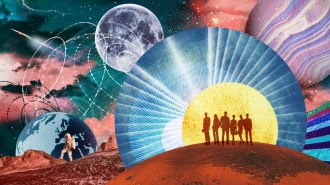 Space
SpaceAmerica risks losing its role as a space science pioneer
Funding uncertainties are pushing U.S. space scientists out of the field and putting existing and future space missions on the chopping block.
By McKenzie Prillaman and Emily Conover -
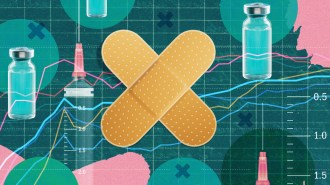 Health & Medicine
Health & MedicineEroding access to childhood vaccines jeopardizes health for all
Recent U.S. decisions about vaccines signal bigger changes to come that could threaten the foundation of the national childhood immunization schedule.
-
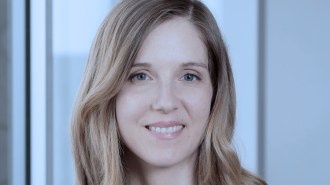 Oceans
OceansCombining western science with Indigenous knowledge could help the Arctic
Polar marine ecologist Marianne Falardeau investigates how Arctic ecosystems are shifting under climate change.
By Nikk Ogasa -
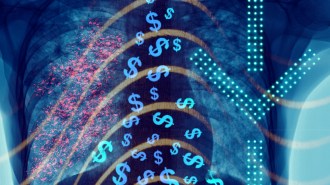 Science & Society
Science & SocietyFunding chaos may unravel decades of biomedical research
Battles between the Trump administration and academic institutions are putting important biomedical advances in limbo.
-
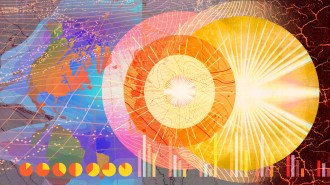 Climate
ClimateLife-saving research on extreme heat comes under fire
The Trump administration’s cuts to heat research come at a time when climate change is making extreme heat waves more common and intense.
By Nikk Ogasa -
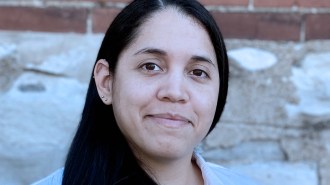 Neuroscience
NeuroscienceTo decode future anxiety and depression, begin with a child’s brain
A child-friendly brain imaging technique is just one way neuroscientist Cat Camacho investigates how children learn to process emotions.
-
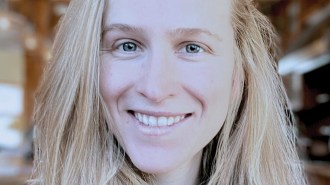 Planetary Science
Planetary ScienceHow did Pluto capture its largest moon, Charon?
Planetary scientist Adeene Denton runs computer simulations to investigate Pluto, the moons of Saturn and other icy bodies in the solar system.
-
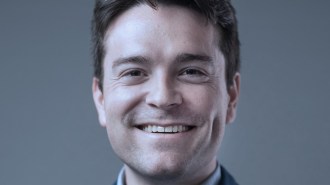 Space
SpaceBlack holes are encircled by thin rings of light. This physicist wants to see one
Theoretical physicist Alex Lupsasca is pushing for a space telescope to glimpse the thin ring of light that is thought to surround every black hole.
-
 Health & Medicine
Health & MedicineMost women get uterine fibroids. This researcher wants to know why
Biomedical engineer Erika Moore investigates diseases that disproportionately affect women of color.
-
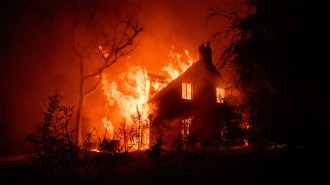 Climate
ClimateAs wildfires worsen, science can help communities avoid destruction
Blazes sparked in wild lands are devastating communities worldwide. The only way to protect them, researchers say, is to re-engineer them.
By Nikk Ogasa -
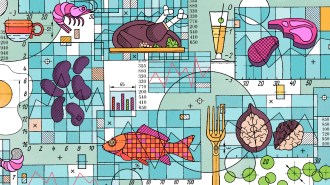 Health & Medicine
Health & MedicineYou’re probably eating enough protein, but maybe not the right mix
Protein is having a moment. But even if most people are eating enough protein, studies suggest they may not be eating the right mix.
By Sujata Gupta -
 Health & Medicine
Health & MedicineAre ultraprocessed foods truly addictive?
Ultraprocessed foods can create powerful pulls similar to those of alcohol, nicotine or opioids, with worrisome consequences for our health.